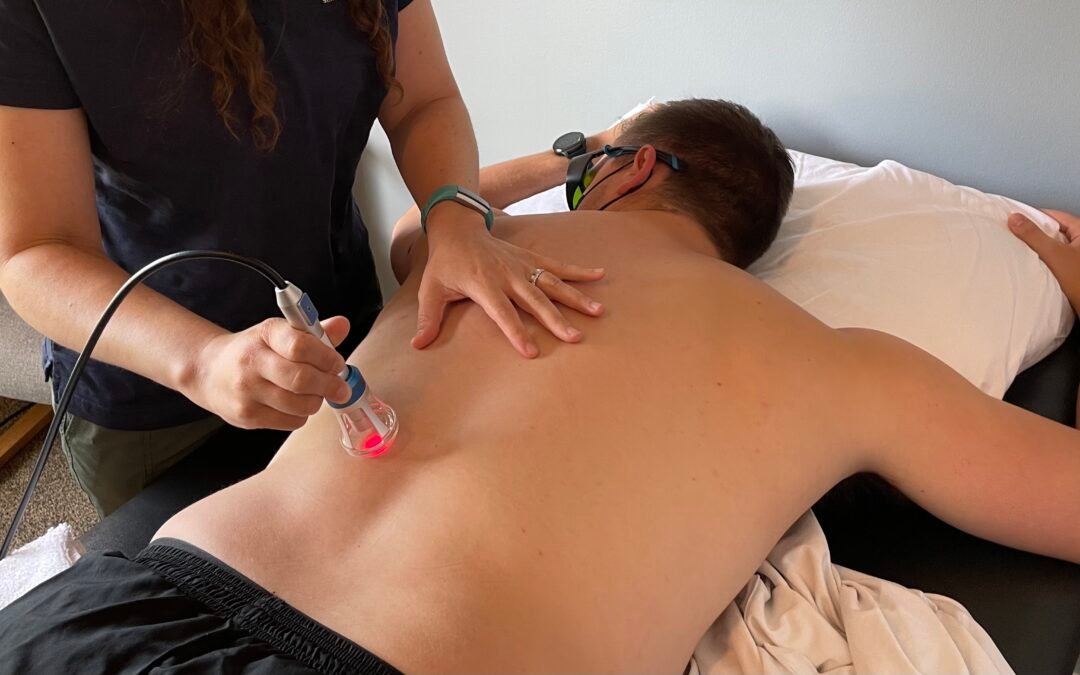Breast cancer is a serious concern that affects millions of women worldwide. Among these women, Black women face unique challenges due to various factors, including disparities in healthcare access and cultural beliefs. In this article, we’ll examine the critical issue of breast cancer in Black women and discuss the urgent need for self-care and advocacy. From understanding the disparities to promoting awareness, we’ll explore ways to prioritize the health of Black women and address the question: “When will we put ourselves first?”
Breast Cancer and Black Women: When Will We Put Ourselves First?
Breast cancer and its impact on Black women cannot be ignored. The combination of genetic, societal, and healthcare factors has led to a disproportionately higher mortality rate among Black women diagnosed with breast cancer. It’s essential to shed light on this issue and work towards better outcomes.
The Disparities: Challenges Faced by Black Women
Breast cancer disparities in the Black community stem from socioeconomic factors, limited access to quality healthcare, and historical injustices. These disparities result in delayed diagnoses and inadequate treatment, contributing to higher mortality rates among Black women. Addressing these systemic issues is crucial for better outcomes.
Breaking the Silence: Promoting Breast Cancer Awareness
Raising awareness about breast cancer is a powerful tool for early detection and prevention. By openly discussing the importance of regular screenings, self-exams, and early intervention, we can empower Black women to take control of their health and well-being.
Empowering through Knowledge: Understanding Risk Factors
Understanding breast cancer risk factors is the first step towards prevention. Genetics, family history, age, and lifestyle factors all play a role. Educating Black women about these factors and encouraging proactive steps can lead to more informed health decisions.
The Role of Cultural Beliefs: Overcoming Barriers
Cultural beliefs and stigmas surrounding breast health can hinder early detection and treatment. Addressing these beliefs by providing accurate information and dispelling myths is vital to ensuring that Black women receive the care they need.
From Diagnosis to Survivorship: Navigating the Journey
A breast cancer diagnosis is life-altering, and the journey from diagnosis to survivorship can be daunting. Black women need access to comprehensive support systems that address their emotional, psychological, and physical needs throughout every stage of their cancer journey.
Community Support: Coming Together for Change
Community support is a cornerstone of addressing breast cancer disparities. Organizations, support groups, and advocates play a pivotal role in connecting Black women with resources, information, and emotional support. Together, we can create a more equitable landscape for breast cancer care.
Empowered Advocacy: Amplifying Black Women’s Voices
Empowering Black women to advocate for their health is crucial. When their voices are heard, policies can change, and resources can be allocated more effectively. By sharing stories, demanding equity, and participating in advocacy efforts, Black women can drive meaningful change.
Prioritizing Self-Care: A Necessity, Not a Luxury
Self-care is often neglected, but it’s an essential aspect of overall well-being. Black women must prioritize their health, both physical and mental. By engaging in regular exercise, stress reduction, and proper nutrition, they can contribute to their long-term health and resilience.
Overcoming Fear: Encouraging Regular Screenings
Fear and anxiety can deter Black women from seeking regular breast cancer screenings. Normalizing the screening process and emphasizing its life-saving potential can help alleviate these concerns and ensure that more Black women receive timely medical attention.
Supporting Loved Ones: Building a Support Network
Support from loved ones is invaluable during a breast cancer journey. Friends and family can provide emotional support, help with appointments, and assist in daily tasks. Cultivating a strong support network is essential for the well-being of Black women facing breast cancer.
Inspiring Future Generations: Education and Awareness
Creating a lasting impact involves inspiring future generations to prioritize their health. Incorporating breast health education into schools, communities, and media can ensure that the message of early detection and self-care resonates with young Black women.
Breaking Taboos: Addressing Breast Health Openly
Open conversations about breast health can break down taboos and encourage women to take proactive steps. By fostering an environment where breast health is openly discussed, we can eliminate stigma and empower Black women to prioritize their well-being.
FAQs
How common is breast cancer among Black women?
Breast cancer is the most common cancer among Black women, and they are more likely to be diagnosed at a younger age and at later stages compared to other groups.
What factors contribute to breast cancer disparities?
Socioeconomic factors, limited access to healthcare, genetics, and cultural beliefs all contribute to breast cancer disparities among Black women.
How can I support a loved one facing breast cancer?
Offer emotional support, assist with practical tasks, and be a listening ear. Your presence can make a significant difference during their journey.
Are there resources specifically tailored to Black women with breast cancer?
Yes, various organizations offer resources, support groups, and information tailored to the unique needs of Black women facing breast cancer.
What can I do to promote breast cancer awareness in my community?
Organize events, workshops, and discussions to educate your community about the importance of early detection, screenings, and self-care.
How can I get involved in breast cancer advocacy efforts?
Join local organizations, participate in awareness campaigns, and use social media platforms to amplify the voices of Black women affected by breast cancer.
Conclusion
Breast cancer’s impact on Black women is a complex issue rooted in historical, social, and healthcare disparities. To truly address this challenge, it’s essential to prioritize self-care, promote awareness, and advocate for policy changes that ensure equitable access to quality healthcare. By working together, we can create a future where Black women’s health is no longer compromised, and they can confidently put themselves first.








